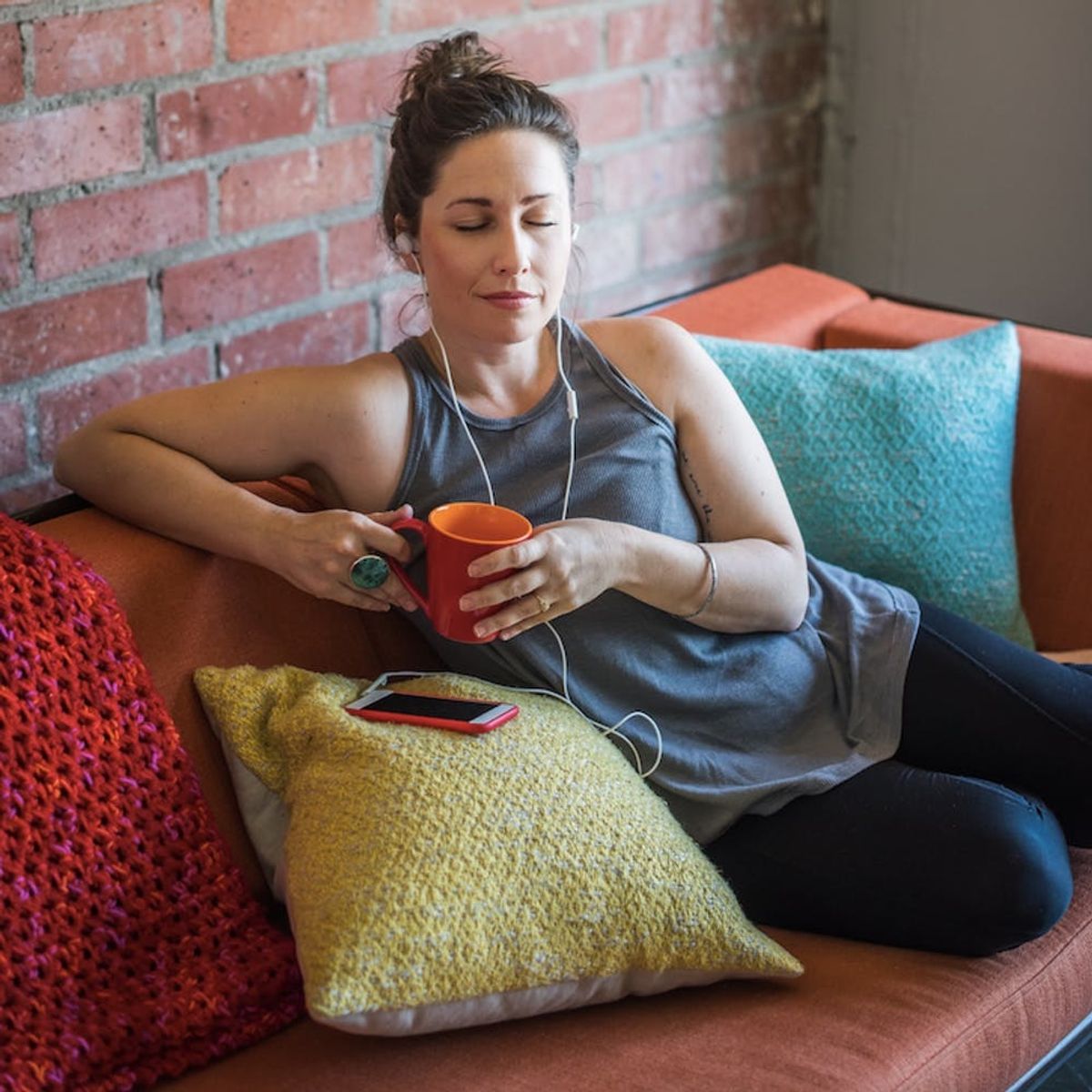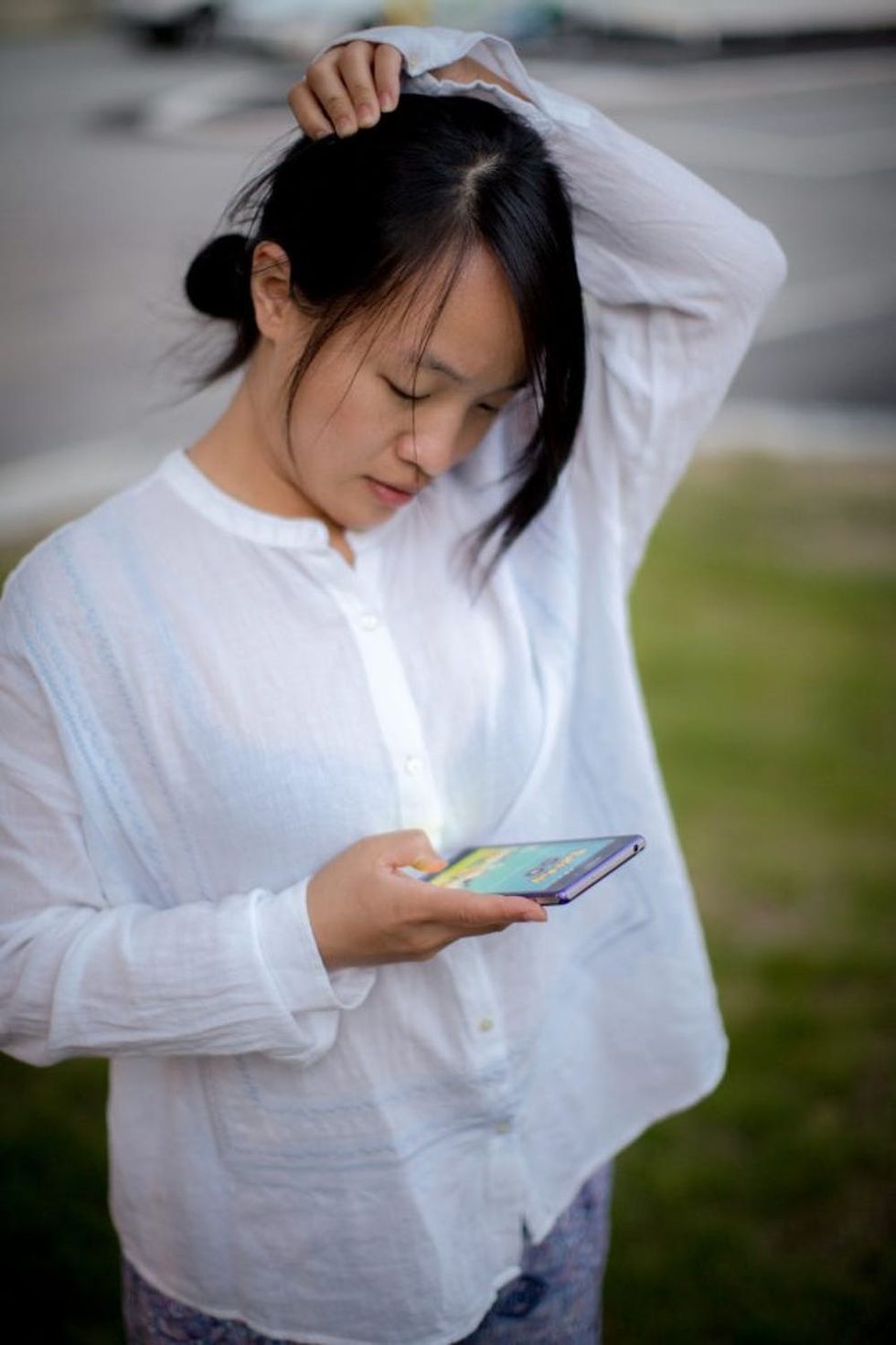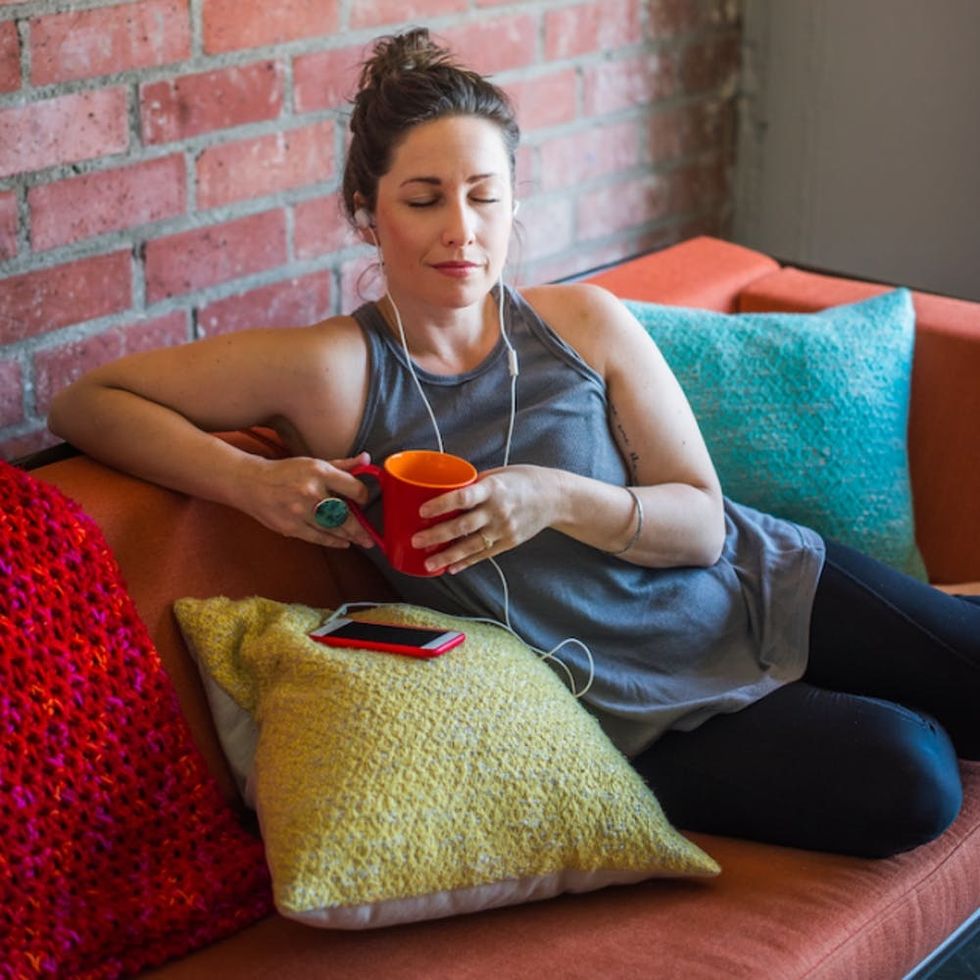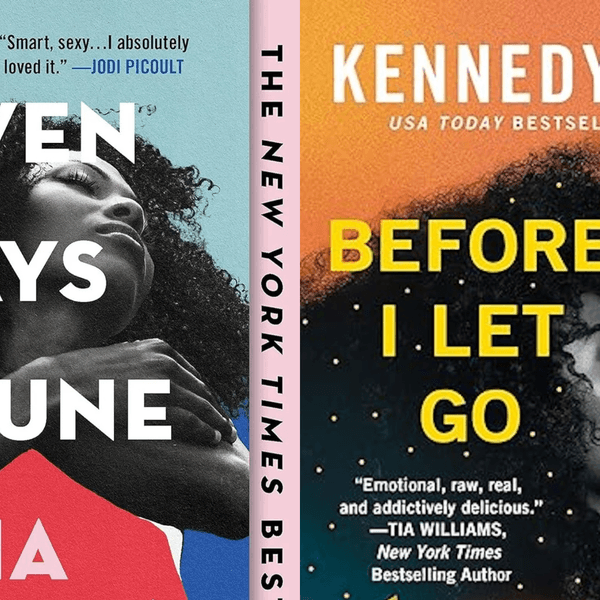Tech is making us anxious, and sometimes more tech isn’t the best solution.
Why Mindfulness Apps Might Be Making You More Anxious

At first glance, it looks like America has never been more connected. According to a 2016 Pew study, social media use among women is at an all-time high: 72 percent of American women are active on social outlets like Instagram, Facebook, Twitter, or Pinterest. Compared to the five percent who partook in any social media in 2005, that’s a pretty big jump.
Inching along with the wild growth of social media is the decline of our mental health. We may be more plugged in than ever, but we’re also lonelier, more depressed, and significantly more stressed out. Does the technology that promises to automate our lives and connect us with others put us at a higher risk for mental health concerns? Experts say yes.

While the use of technology can facilitate quick connections, too much of it actually promotes isolation. Our follower count or texts threads may give us the impression we’re in touch with community, but looking down at our phones is no replacement for the grit of sharing day-to-day life with others. In fact, tech reliance can actually hurt our ability to connect at all.
“When everything you need is on the phone, there is little need to speak to others, listen closely, or make connections. People become uncomfortable with eye contact, social protocol, and ultimately have few close friends they can trust fully,” social worker Laura MacLeod told us via email.
Relying too heavily on tech use not only keeps us from engaging with those around us — it can also numb our senses. As humans, we grow and thrive when we are grounded in the physical world, according to psychologist Dr. Suzana Flores, author of Facehooked: How Facebook Affects Our Emotions, Relationships and Lives. Latched to our phones, we miss out on some of the main components of emotional well-being.
“We function and process information about ourselves and our world through our five senses. We need to hear the sound of laughter, we interpret someone’s mood through facial expressions and body language, we need to feel the hug from a trusted friend, and so on,” she said in an email. “Such interactions cannot be replaced by emojis or brief messages over a smartphone.”
The distraction and overstimulation that come with a plugged-in life may also contribute to our stress levels.”The high stimulation from devices and their content can actually change our brain chemistry; this is known as neuroplasticity,” said psychotherapist Tom Kersting, author of Disconnected: How to Reconnect Our Digitally Distracted Kids. “We have become scattered and distracted, which is a perfect recipe for depression and anxiety.”
Further compounding the relationship of mental health and screen time is the irony that many of us look to our phones to mitigate our tech addictions, as evidenced by the increasing popularity of mindfulness apps, the tech arm of culture’s meditation craze.

According to Financial Times, there are now around 1,300 mindfulness apps on the market. The most popular, Headspace — valued at $250 million — has over 11 million downloads. While these apps claim to connect us more deeply to ourselves and the world around us, they can actually do the opposite — especially if we use them as replacements for real-life support like therapy.
“Research tells us that the most important factor in creating therapeutic change is the therapeutic rapport between a client and their clinician. Although some clinicians will periodically communicate with their clients over Skype or phone these forms of connection cannot replace face-to-face interactions,” said Dr. Flores.
Whether we’re spending time on social media to find community with others or pursuing wellness via mindfulness apps, relying on technology to connect us to ourselves and others comes with mental health risks. How do we steward our minds, bodies, and relationships without disrupting the use of technology in our lives?
“I recommend we continue to enjoy our favorite apps and digital connections, but second only to our offline realities,” said Dr. Flores.
Do you use a mindfulness app? Tell us @BritandCo!
(Photos via Getty)























